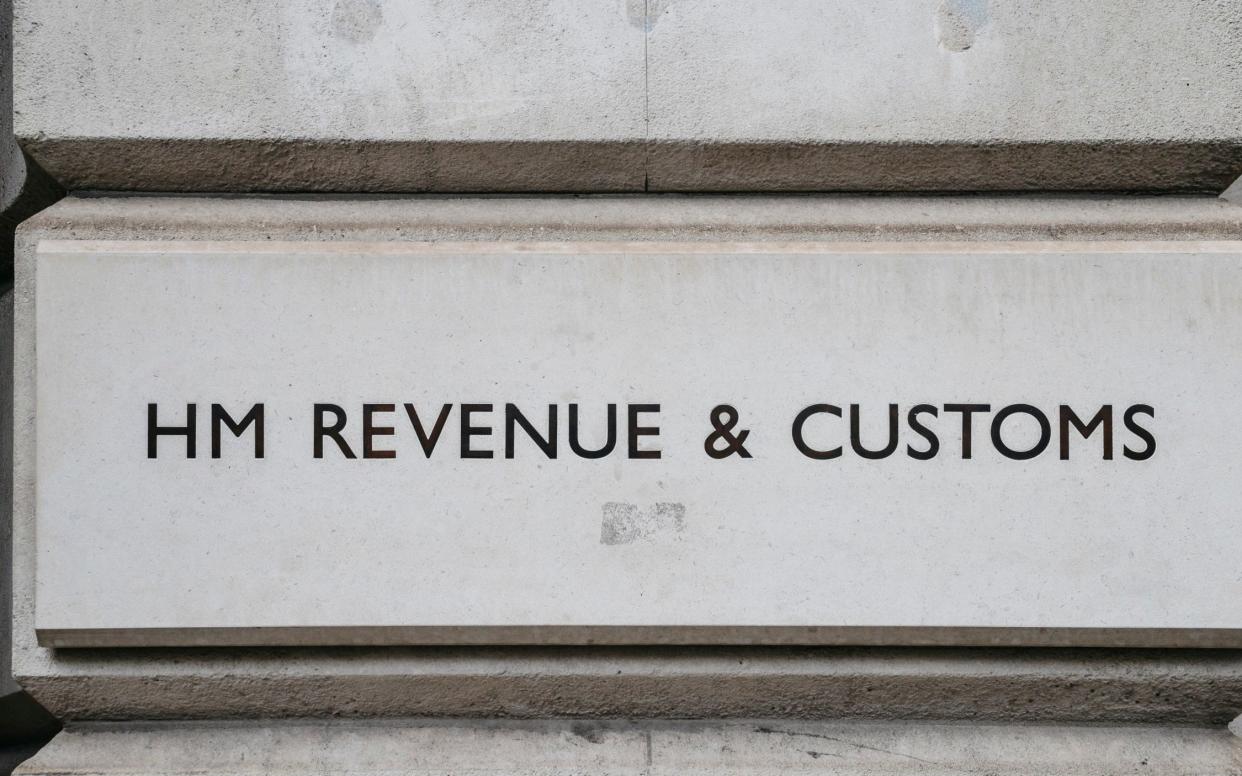HMRC urged to drop ‘simply inequitable’ 6.5pc late tax charge

HM Revenue & Customs has been accused of charging “simply inequitable” interest rates to taxpayers, who have been left facing late payment bills up to 17 times higher than what is returned to those who have overpaid.
The Chartered Institute of Taxation, a trade body, has called on the Government to urgently review interest rates on late taxes, which are charged at 6.5pc, more than double the 3pc rate that applies to tax refunds.
The rates change in line with the Bank of England’s Bank Rate, which is currently 4pc. Rates on late taxes are charged at the Bank Rate plus 2.5 percentage points, while interest on tax refunds to individuals and businesses is charged at the base rate minus 1 percentage point – a difference of 3.5 percentage points.
In an extreme scenario, this could result in an individual submitting a tax return on 31 January 2022, claiming a repayment of £5,000, being returned £57 in interest if HMRC do not make the repayment until 28 February 2023, while another who submits their return on the same date but fails to pay a liability of £5,000 until 28 February 2023 could be charged an additional £976 – more than 17 times as much.
Richard Wild, of the CIOT, said the differential between the rate of interest charged by HMRC on late payments compared to the interest it pays on overpayments or refunds was “simply inequitable, particularly at times when many businesses and individuals continue to suffer long delays”.
“Unless something is done to bridge the gap between repayment interest and late payment interest, the Government will struggle to achieve its objectives of building a trusted, modern tax administration system that is seen as fair and even-handed,” he said.
HMRC said its current interest rate regime “encourages prompt payment” and “compensates taxpayers fairly”, while the system is in line with tax authorities in other countries. The last consultation on rates was in 2009.
It comes alongside calls from other tax trade bodies for an emergency task force to tackle ongoing delays at the tax office.
Taxpayers and accountants have been forced to wait up to a year for HMRC to respond to queries over the phone or by post in some cases, according to the Institute for Chartered Accountants in England and Wales, another trade body. Customer service staffing levels at the tax authority have reduced from 25,500 to 19,500 people, causing long delays for both agents and taxpayers.
The chief executive of the ICAEW Michael Izza said delays at HMRC were “unacceptable”, and urgently needed to be addressed, saying they were “acting as a drag on the UK’s economic growth.”
An HMRC spokesman said its rates were "fair" and ensured taxpayers were not encouraged "to overpay their tax to secure a higher interest rate than available commercially".
“We are responding to around three-quarters of correspondence within 15 working days and successfully answering about 70,000 calls a day. Our customer satisfaction is consistently around 80pc.
“We’re continuing to expand our digital services, so more customers can answer their queries online," he added.

 Yahoo Movies
Yahoo Movies 
